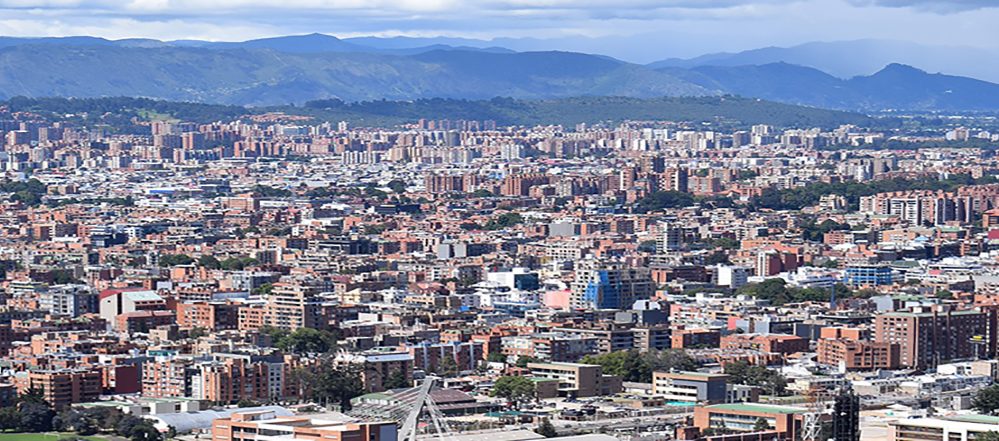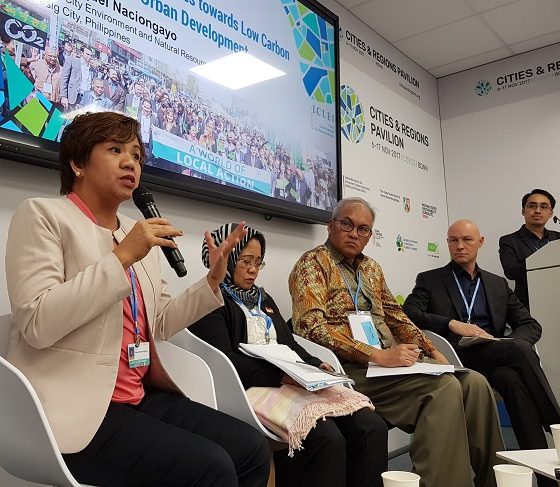Urban freight accounts for a quarter of all vehicles in cities, contributing to 40% of urban transport-related CO2 emissions and 50% of air pollution within urban areas (according to the OECD). And it is expected to grow in the following years.
Even as cities make progress toward a greener future, finding a sustainable solution for urban freight remains a complex challenge. New technologies for urban freight can be expensive, and many stakeholders are reluctant to be the first in adopting these innovations. Additionally, the freight industry is made up of diverse, unconnected stakeholders, and cities lack integrated planning solutions that can really move the needle. Finally, finding a solution requires deep collaboration between industry, government, and other stakeholders, each with their own interests and needs.
Nine cities in Argentina, Colombia and India have been out to show that sustainable freight is a city thing.
These cities were part of the #EcoLogistics project, a groundbreaking global initiative launched in 2017 by ICLEI – Local Governments for Sustainability, along with Despacio, Smart Freight Centre, and Zaragoza Logistics Center. The project received support from the German Federal Ministry for Economic Affairs and Climate Action (BMWK) through the International Climate Initiative (IKI).
Today, we’re thrilled to share The EcoLogistics Handbook: Unlocking Sustainable Urban Freight. This handbook is a culmination of insights and real-world solutions from these cities that are already making strides in sustainable urban freight.
Download the Handbook here: https://sustainablemobility.iclei.org/ecologistics/handbook/
With the support of public and private stakeholders, the EcoLogistics approach can bring sustainable urban freight to our cities. EcoLogistics prioritizes low-emission transportation of goods, focusing on public health and safety, and follows a human-centered urban development approach. It also encourages circular and regional economies to reduce the growth of freight transport.
EcoLogistics offers practical steps for cities to unlock sustainable urban freight, starting with assessing the true impact on residents, identifying common interests for demonstration projects, and creating integrated plans that address stakeholder needs. Download the Handbook today to learn about all of these approaches and more.





